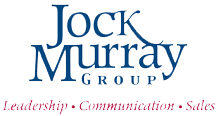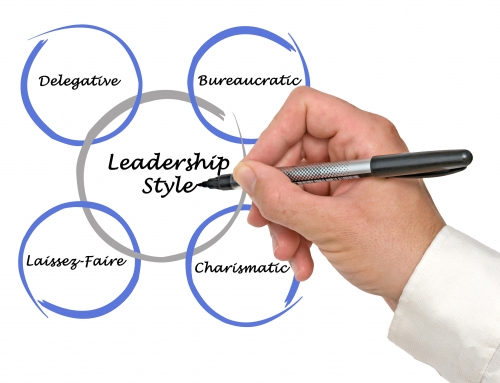The greatest impact on team productivity is gained through increasing trust. When team members feel that everyone is working toward what is best for the team, trust grows. If people feel some team members are more focused on looking out for their own interests trust diminishes.
When team trust is low, everything takes longer. One team member needs to be convinced that another team member will keep his word. Team members feel more need for written documentation to ensure others keep their commitments and that they protect themselves. All of this additional time and documentation ends up making the project more costly as milestones are missed or additional resources are required.
On the other hand, when trust is high people are empowered to take action because they know other team members will support their decisions. They feel free to take action confident that another team member will deliver by the agreed upon deadline. Pre-meeting strategy sessions are eliminated because one group doesn’t have to strategize about exactly how to present an idea or problem at the team meeting. They know that when they present it other team members will accept the spirit with which it was presented even if they disagree with the recommendation.
Higher trust also leads to better quality results. In high trust teams, ideas are brought forth enthusiastically and debated ferociously without the fear of hidden agendas or hurt feelings. The attitude of, “It’s amazing what can be accomplished when no one cares who gets the credit” dominates discussions.
When you are building a new team, consider trust, not just expertise, when selecting members. Do two members have a history that will make complete trust difficult if both are on the team? When Pasqule Scaturro was assembling the team that would lead blind mountain climber Erik Weihnmayer to the summit of Mount Everest he said there were a number of top Himalayan climbers he chose not to invite on the expedition. Instead he wanted climbers Erik would trust and who would be totally committed to the vision of getting Erik to the top. If you must select team members with a history, take time to address the trust issue early before it becomes a problem.
Even if you don’t suspect trust issues, take time in the early stages of team development to help team members really get to know each other, open lines of communication, and build trust.
The time you spend building trust up front will more than pay for itself in increased efficiency and decreased costs down the road.






